ECONOMY
Emkay sees PLI scheme adding 4% of GDP in incremental annual revenues
- IBJ Bureau
- Jul 06, 2022
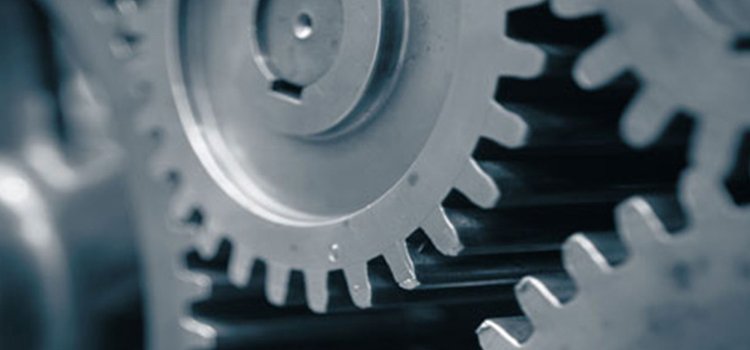
The government’s Production-Linked Incentive (PLI) scheme has the potential to add nearly 4 per cent of GDP in terms of incremental annual revenues, if fully realised, according to Emkay Investment Managers Ltd. (EIML). This was the conclusion drawn at a media webinar, organised by EMIL – a wholly-owned subsidiary of Emkay Global Financial Services and SEBI-registered portfolio manager – in Mumbai on Tuesday.
Speaking at the webinar, Vikaas M Sachdeva, the CEO of EMIL, said: “We expect the manufacturing sector to become the mainstream investment theme. In the medium to long term, we expect a higher allocation of investments exposure from the funds. After a long hiatus, manufacturing companies are likely to be the wealth creators – the leaders of the next rally in the markets.”
The PLI scheme aims to provide nearly Rs 2.4 lakh crore worth of incentives over the next five years. With a lion’s of the incentives share going to electronics, auto components and pharmaceutical sectors, the incremental capital expenditure (capex) was likely to go to the less capex-intensive sectors, opined the participants at the webinar.
The discussion at the webinar veered around the Indian consumer, who was missing in action for almost five years due to multiple factors, like demonetisation, GST, COVID and a lack of inflation. Growth in per capita GDP picked up in FY22, and per capita GDP was higher than that in FY20 after a dip. Discretionary income of Indian consumers was likely to rise from FY23 to FY27, they noted.
The participants of the webinar pointed out that manufacturing companies were adding capacities due to robust returns. The registration of manufacturing companies had shot up to the highest-ever level in the last seven years. Share of manufacturing companies in total registration of companies was also almost closer to the highest level.
China was currently facing significant pushback. They were facing disruption in supply chain due to COVID. The developed nations had imposed Anti-Dumping Duty on a lot of Chinese goods. On the other hand, the depreciation in the rupee against the yuan was making India more competitive. The key beneficiaries of this situation were likely to be auto and auto components, Textile, chemicals and capital goods.
“The current financial matrix as well the policy support is best suited for the manufacturing companies to outperform the broader markets. China+1 is a big thing to watch out for. This is the right time for the Indian manufacturing companies to make a mark at the international level,” said Sachin Shah, a fund manager of EMIL, speaking at the webinar.

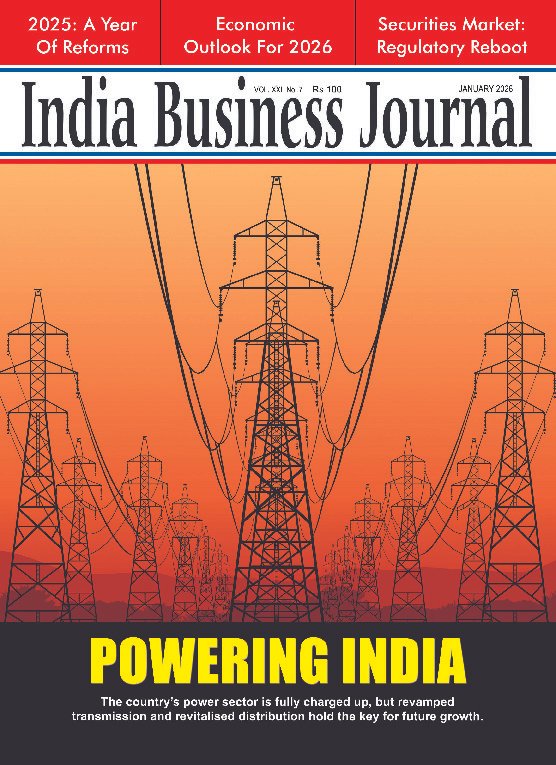

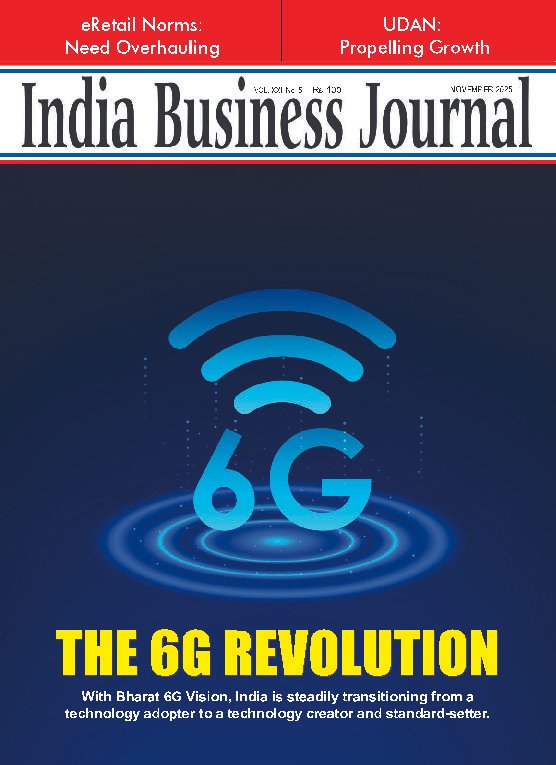
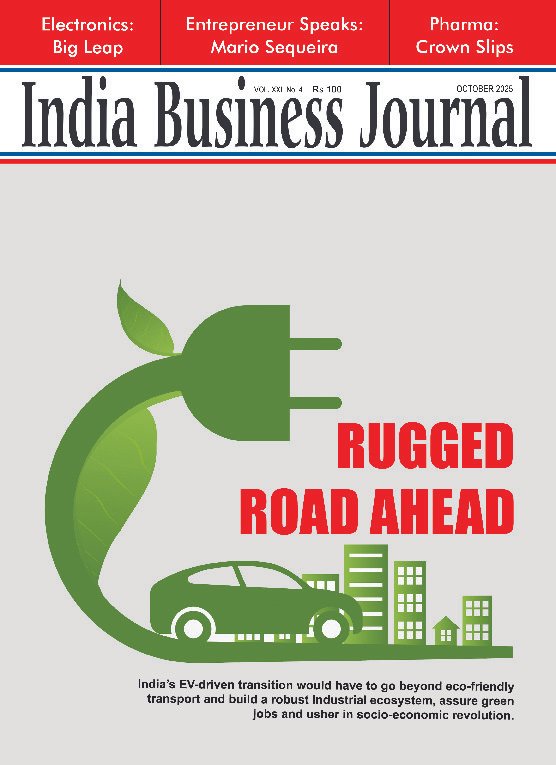
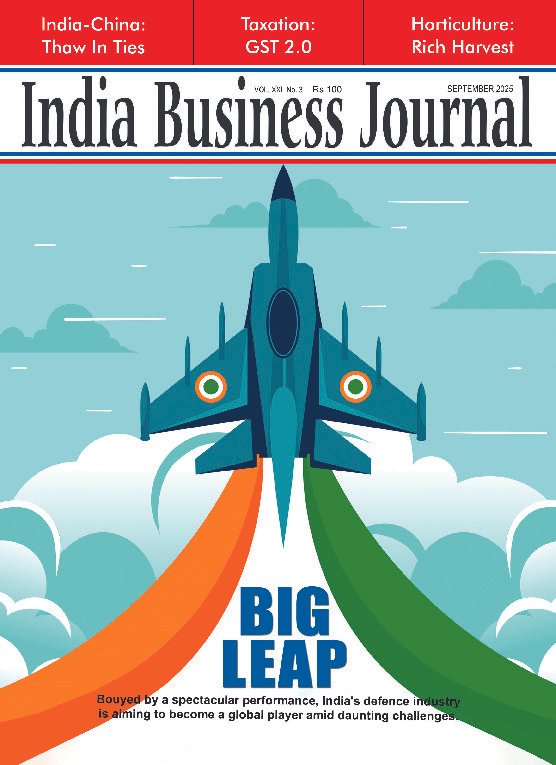







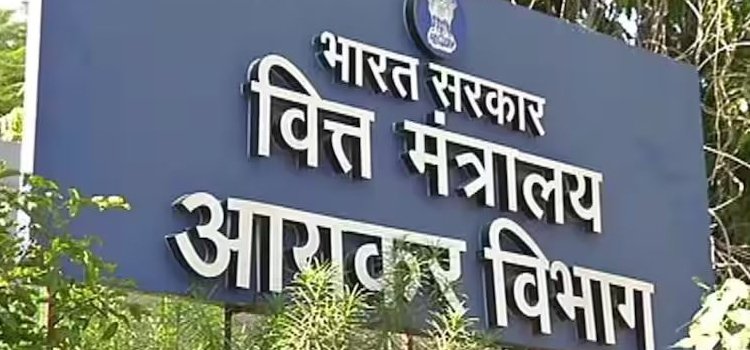
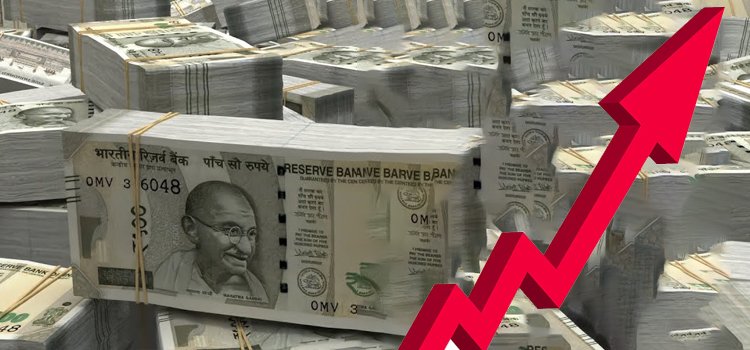
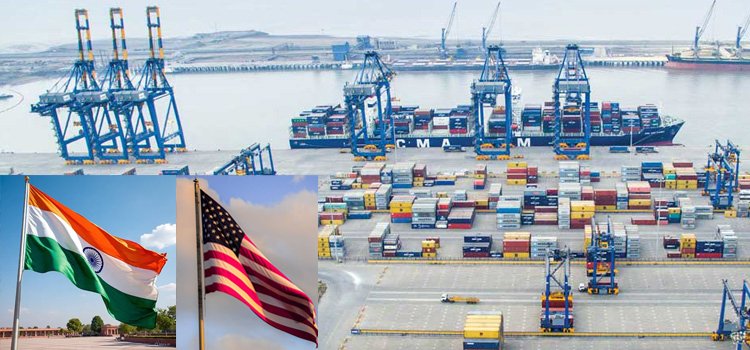





Report By
View Reporter News